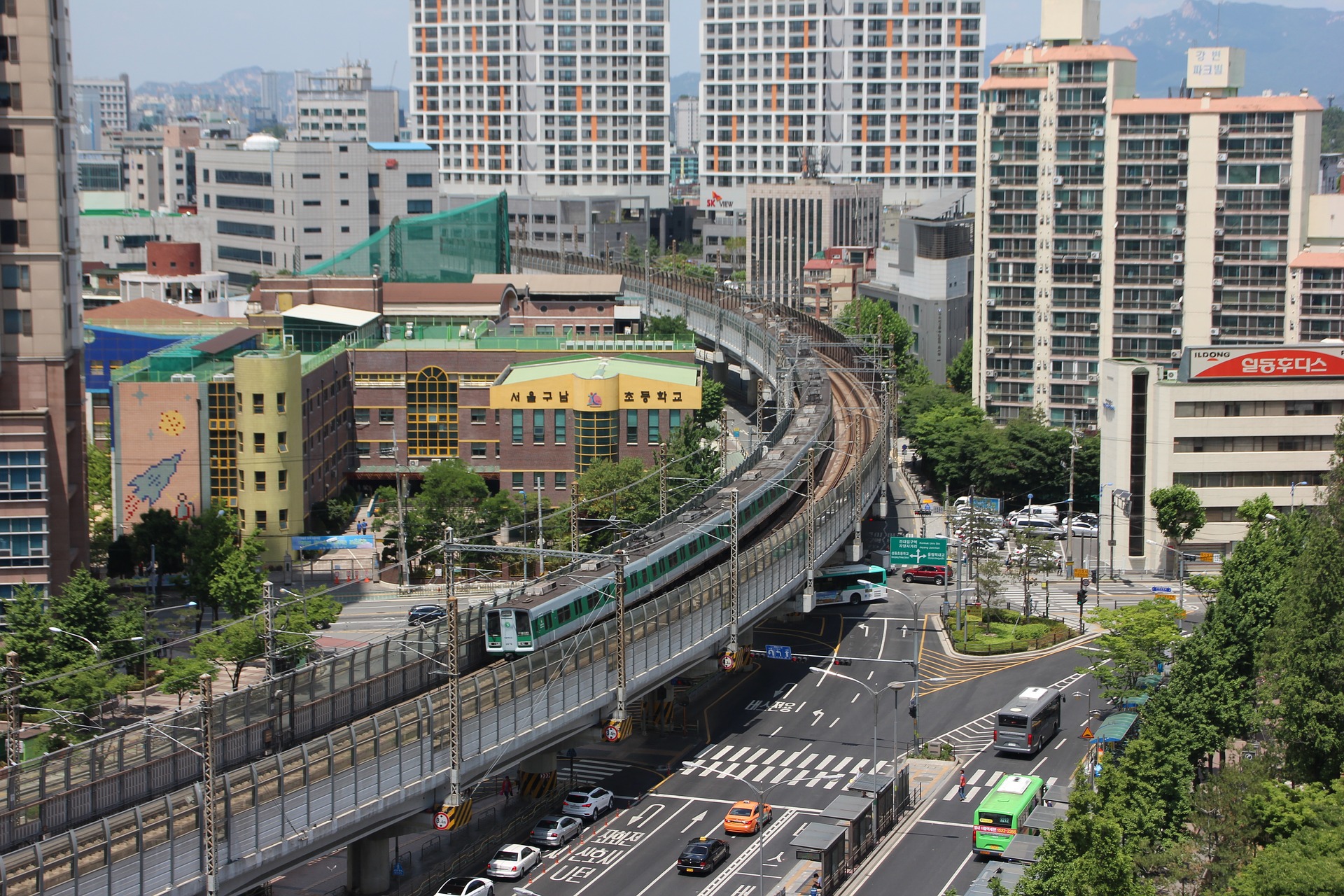961 results found
Featured results



More results
Insights into the The Schuphol-Amsterdam-Almere (SAA) program, which has been the largest PPP program in the Netherlands in the last decade.
The Global Infrastructure Hub (GI Hub) has collaborated on this blog with Seungbeum Rho, a Specialist at the Korea Development Institute (KDI). This blog outlines some of the lessons learned in Korea on the topic of project preparation, which can be found in more detail in the GI Hub’s Reference Tool on Governmental Processes Facilitating Infrastructure Project Preparation.
 Project Preparation Tool
Project Preparation Tool
 Introduction: Laying the foundations and charting a way forward
Introduction: Laying the foundations and charting a way forward
 Enabling environment: what are the prerequisites required to facilitate the preparation of quality infrastructure projects?
Enabling environment: what are the prerequisites required to facilitate the preparation of quality infrastructure projects?
 Financing project preparation: how can governments effectively utilise project preparation financing sources?
Financing project preparation: how can governments effectively utilise project preparation financing sources?
 What are the benefits of well-planned and prioritised infrastructure investment?
What are the benefits of well-planned and prioritised infrastructure investment?
 How do you translate a concept into a bankable project?
How do you translate a concept into a bankable project?
 How should governments communicate projects?
How should governments communicate projects?
 Project Preparation in Indonesia – how has the government attracted private participation?
Project Preparation in Indonesia – how has the government attracted private participation?
 Project Preparation in India – how specialised institutional structures help in planning complex projects
Project Preparation in India – how specialised institutional structures help in planning complex projects
Globally, governments are accountable for the development of infrastructure and the delivery of basic services in an affordable and inclusive manner. The ability of governments to nurture a conducive enabling environment for infrastructure investment has often been found to be a key differentiator between countries that successfully scale up infrastructure and those that face challenges in doing so.
Tackling the global infrastructure gap remains a priority for governments to drive inclusive growth and deliver quality infrastructure projects for their citizens.

Most infrastructure investment plans and government policies rely on the delivery of projects and programs. To achieve these and unlock the real benefits of infrastructure, it is vital that projects and programs are delivered well.
Communication throughout infrastructure project preparation should be recognised as a strategic activity. It should factor in the importance of all key stakeholder groups towards the project, tailor communicative actions to engage and inform them and foster a supportive environment.
Project preparation is a critical enabler of infrastructure development and has been identified as a key pillar in the G20 s strategic roadmap to develop infrastructure as an asset class.

This publication aims to link the study of urban environmental issues with the advancement of more sustainable urban growth, the report looks at Kampala and Uganda including their background in the context of urban development and drivers of environmental sustainability.

This paper examines the public finance underpinnings for an enhanced focus on different types of long-term investments as well as on operations and maintenance of existing investments.
Public Investment Management Assessment (PIMA) is a comprehensive assessment framework developed by the IMF to help countries strengthen public investment management practices.


The IMF's Public Investment Management Assessment (PIMA) framework helps countries evaluate the strength of their PIM practices.



The core principle behind the PPP is the creation of a contractual bubble – a framework of contracts.


One of the main challenges in introducing PPPs lies in the proper definition of governance structures for all actors.

Public management research contains little analysis on procurement cancellations – i.e. when contracts fail to make it through procurement, resulting in termination during the pre-award tender phase. Combining theoretical perspectives on administrative capacity and transaction costs, the authors investigate both the propensity and reasons for public procurement cancellations.

Chris Heathcote, Chief Executive Officer, Global Infrastructure Hub The first few weeks of President Donald Trump’s administration have been dominated by early efforts to deliver on some of his most contentious election promises. While the world watches every pronouncement and, indeed, every tweet, there is hope that attention will soon turn to one of his pledges on which there was consensus, a massive and long-overdue infrastructure overhaul across the United States.

This Public-Private Partnership (PPP) Handbook is designed for the staff of the Asian Development Bank (ADB) and its developing member countries' clients.



This page discusses the need for legal reform to enhance the PPP environment in EBRD regions.


The global pandemic and climate change concerns raised at COP26 have elevated awareness of the need to build sustainable and resilient infrastructure, in tandem with implementing adaptation strategies and governance through innovative and collaborative partnerships between the public and private sectors
What qualifies as critical infrastructure, and what can governments and industry do to increase its resilience? We spoke to four experts for their perspectives.
Ahead of Climate Week NYC and the United Nations SDG Summit, both taking place this September in New York City, the GI Hub is publishing interviews with public and private sector leaders working at the municipal, state, national, and global levels – bringing you their thoughts on the importance of infrastructure in the climate transition. In this Q&A, John and Nivardo share how the FY2024 New York State Budget is accelerating investment in infrastructure toward climate targets and social equity.












